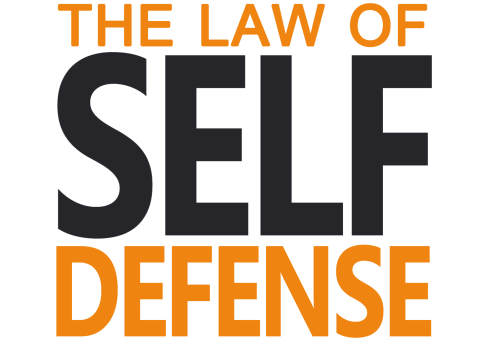Self-Defense Laws in New Jersey

New Jersey, like many other states, has laws in place that allow individuals to use force in self-defense. These laws are designed to protect individuals from harm and to ensure that they have the right to defend themselves and their property.

Overview of New Jersey’s Self-Defense Law

The primary law governing self-defense in New Jersey is found in N.J.S.A. 2C:3-4. This statute outlines the circumstances in which an individual may use deadly force in self-defense.
According to N.J.S.A. 2C:3-4, an individual may use deadly force in self-defense if they reasonably believe that:
- They are in imminent danger of being killed or seriously injured.
- There is no other way to avoid the danger.
- The amount of force used is reasonable and necessary to protect themselves or others from harm.
Castle Doctrine
New Jersey also has a “castle doctrine” law, which is codified in N.J.S.A. 2C:3-6. This law provides that an individual is justified in using deadly force in self-defense in their home, workplace, or vehicle if they reasonably believe that someone is about to enter or has entered the premises unlawfully and intends to cause them harm.
Duty to Retreat
In New Jersey, there is no general duty to retreat before using deadly force in self-defense. However, there may be a duty to retreat if the individual is in a place where they are not authorized to be or if they are engaged in criminal activity.
Stand Your Ground Law
New Jersey does not have a “stand your ground” law. This means that individuals are not required to retreat before using deadly force in self-defense, even if they are in a public place.
Deadly Force
Deadly force is defined as force that is likely to cause death or serious bodily injury. Examples of deadly force include shooting someone, stabbing someone, or hitting someone with a blunt object.
Non-Deadly Force
Individuals may also use non-deadly force in self-defense. Non-deadly force includes actions such as pushing someone away, holding someone down, or using a pepper spray.
Penalties for Using Excessive Force
If an individual uses excessive force in self-defense, they may be charged with a crime. The severity of the charges will depend on the circumstances of the case and the amount of force used.
Conclusion
New Jersey’s self-defense laws are designed to protect individuals from harm and to ensure that they have the right to defend themselves and their property. These laws allow individuals to use deadly force in self-defense if they reasonably believe that they are in imminent danger of being killed or seriously injured and there is no other way to avoid the danger.






